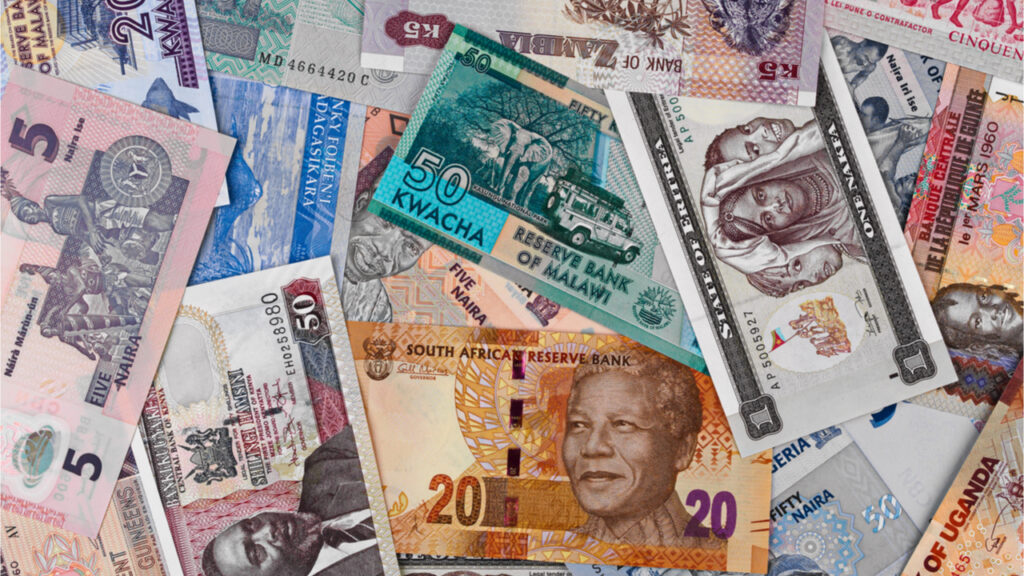African nations lag behind in global trade integration

The Economic Commission for Africa (ECA) has released a comprehensive report on the state of regional integration in Africa, revealing that the continent’s share of global trade remains alarmingly low, hovering at less than three percent in 2023.
The report revealed that despite modest advancements in monetary and financial integration, African countries still prioritise trade with nations outside the continent over intra-African commerce, primarily driven by merchandise trade.
The implication is that despite the establishment of the African Continental Free Trade Area (AfCFTA) in January 2021, the anticipated surge in intra-African trade has yet to materialise, with the proportion of intra-African trade relative to global trade declining from 14.5 per cent in 2021 to 13.7 percent in 2022.
Key indicators in the report further highlight this disparity: the share of intra-African exports decreased from 18.22 percent to 17.89 percent, while the value of intra-African imports saw a decline from 12.81 percent to 12.09 per cent during the review period.

Another highlight of the report is that sluggish progress in rail transport and energy infrastructure, coupled with significant financing obstacles, has exacerbated the challenge of fostering regional trade integration.
Stephen Karingi, Director of the ECA’s Regional Integration and Trade Division, emphasised the pressing issues hindering Africa’s economic advancement, citing unconstitutional changes in government, widespread unemployment, and persistent poverty as key challenges.
He underscored the critical role of effectively implementing the AfCFTA in leveraging the continent’s potential for free market benefits and trade integration to improve the lives of African citizens.
“The rising number of unconstitutional changes of government highlights the ongoing challenges affecting African countries, including weak governance, persistent poverty and limited employment opportunities.
“The effective implementation of the agreement will determine the extent to which the continent can derive the benefits of free markets and trade integration for the overall benefit of the people on the African continent,” said Karingi.
The report also highlights Africa’s substantial annual infrastructure funding shortfall, estimated between $130 billion and $170 billion.
Closing this gap would require innovative financial mechanisms such as a single African currency that would blend the finance system like the Euro, sustainability-focused bonds, and infrastructural development initiatives aimed at accelerating economic growth across the continent.







